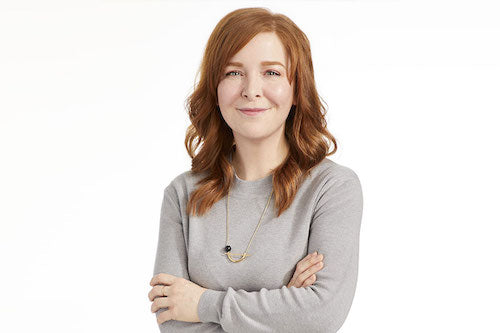Exercise fanatics are already familiar with the concept of recovery — that period of time after an intense workout that it takes your muscles to recover. But our emotions can also be put through grueling trials (see: grief, illness, social injustice, a pandemic), and it’s hugely important to learn how to bounce back after disappointments and misfortunes. Licensed psychologist Mary Alvord works with her patients on cultivating emotional resilience, a skill that can serve all of us well — not just in a time of global strife but on a daily basis. (Though, as the mother of three sons she hasn’t seen since the pandemic started, so she understands the frustration of this moment firsthand.) She helps us unpack why emotional resilience is a particularly handy tool for right now.
I’d define emotional resilience as how we maintain our optimism and keep our moods in check. Since the pandemic started, a lot of people are feeling very down, and the isolation allows for more time to blow things out of proportion—what we call catastrophizing. A lot of those errors in thinking lead to negative emotions. If you think, "This is really awful and I'm stuck in it forever," it's definitely going to affect your mood.
Our bodies and our thoughts are interrelated: The mind and the body are one and the same. If you're scared, your muscles immediately tense, right? That physical-emotional reaction is like a loop.
We have to focus on realistic optimism. That doesn’t mean putting on your rose-colored glasses and saying, "Everything is going great!" It’s not about deluding yourself. True optimism is facing the realities of what's not going well, but knowing that first, whatever’s happening is not going to last forever. The other key aspect is focusing on the things that you can control. During the pandemic, we can still connect and socialize, even if it's not in person. We could spend a lot of emotional energy fighting all of this, or just accept that we have to wear masks, physically distance, and give things up for now. Acceptance brings a little peace — because we're not using our energy to struggle against what’s happening.
I encourage them to explore what kinds of activities give them pleasure. For people who like to write, I might suggest journaling. But others might prefer drawing, reading poetry, playing an instrument. I ask people to explore their own values, to find purpose: What would make you feel like your life is meaningful and positive? Is it your spiritual life? Your relationships? Then it’s a matter of making plans that align with those values.
A big aspect of that is taking initiative, so you don't feel like a victim. If you face whatever’s uncomfortable for you, that in turn makes you feel empowered, and you become more resilient. For people who are socially anxious, for example, this moment of disconnection is sort of an easy way out. But they need to practice talking to people, even if it's not in person. On the other hand, if you avoid what you're afraid of, you tend to make your world smaller and smaller. And you also tend to feel helpless, which can lead to depression.
Absolutely. Because if you see yourself in that boat, you feel helpless, hopeless, like a victim. You're certainly going to be depressed. But if you think, Let's see, there’s a navigation system here, and I can radio for help….that can be transformative. It’s a matter of looking at the resources you have. And knowing that in every situation, there are opportunities.
